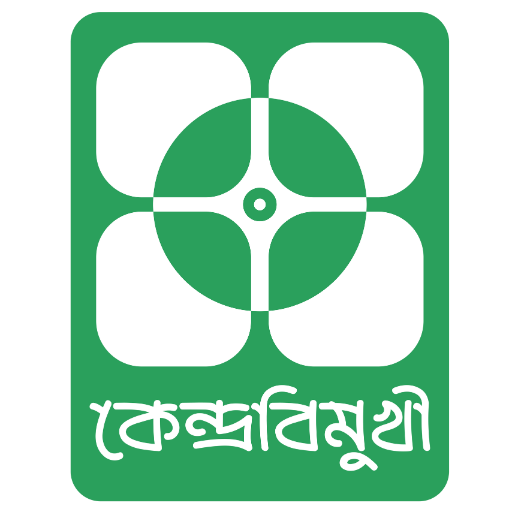Kendrobimukhi is a dynamic community of young Bangladeshi social science students dedicated to enriching social discourses through impactful social research. By providing a platform for rigorous academic inquiry and critical engagement with pressing societal issues, this network aims to inspire emerging social scientists to drive societal change.
With the motto of driving social change through social research specifically in Bangladesh, Kendrobimukhi aspires to organize calls for papers, workshops on social research methodologies, and other events related to social sciences, academia and social issues.
Meet the Core Team
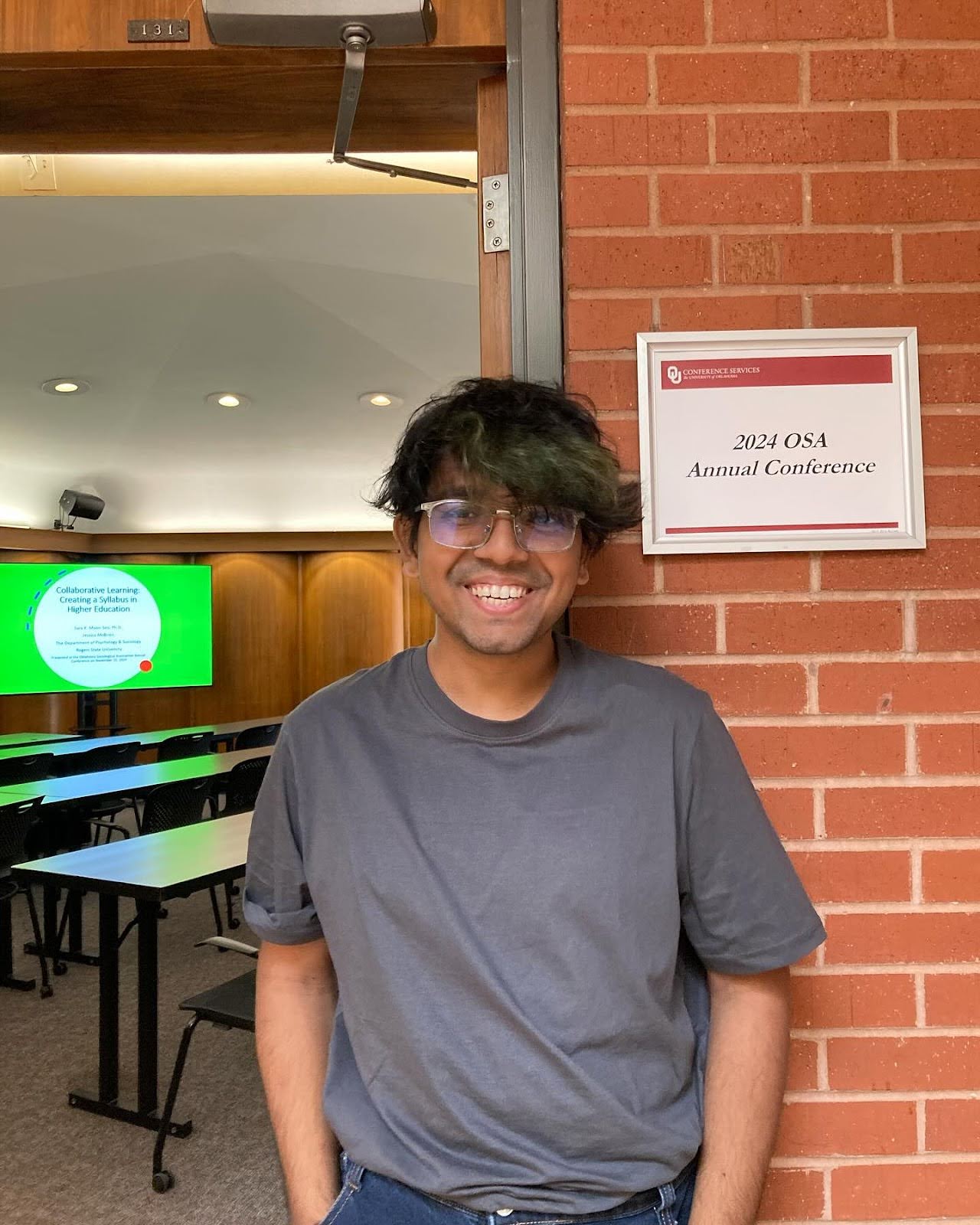

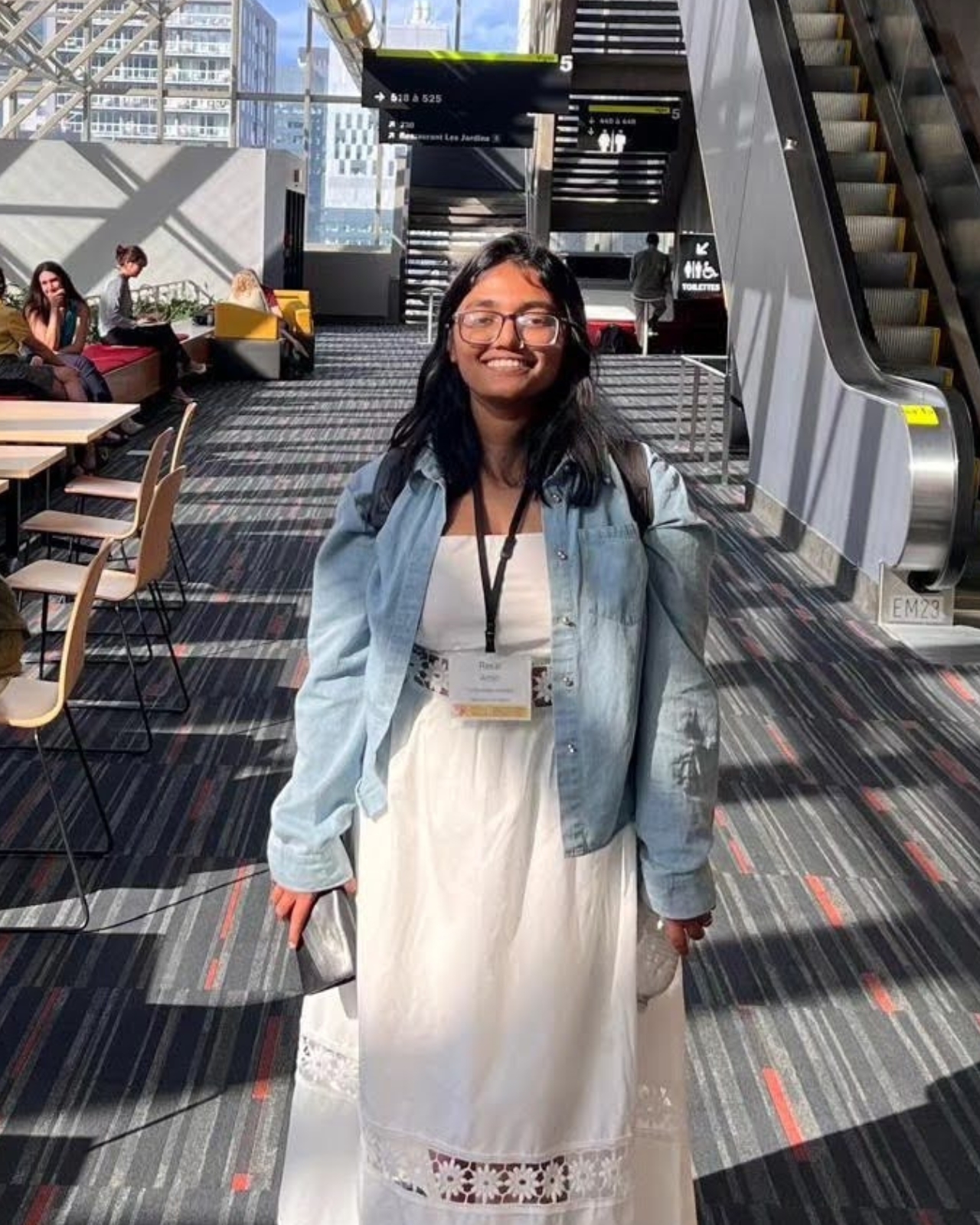

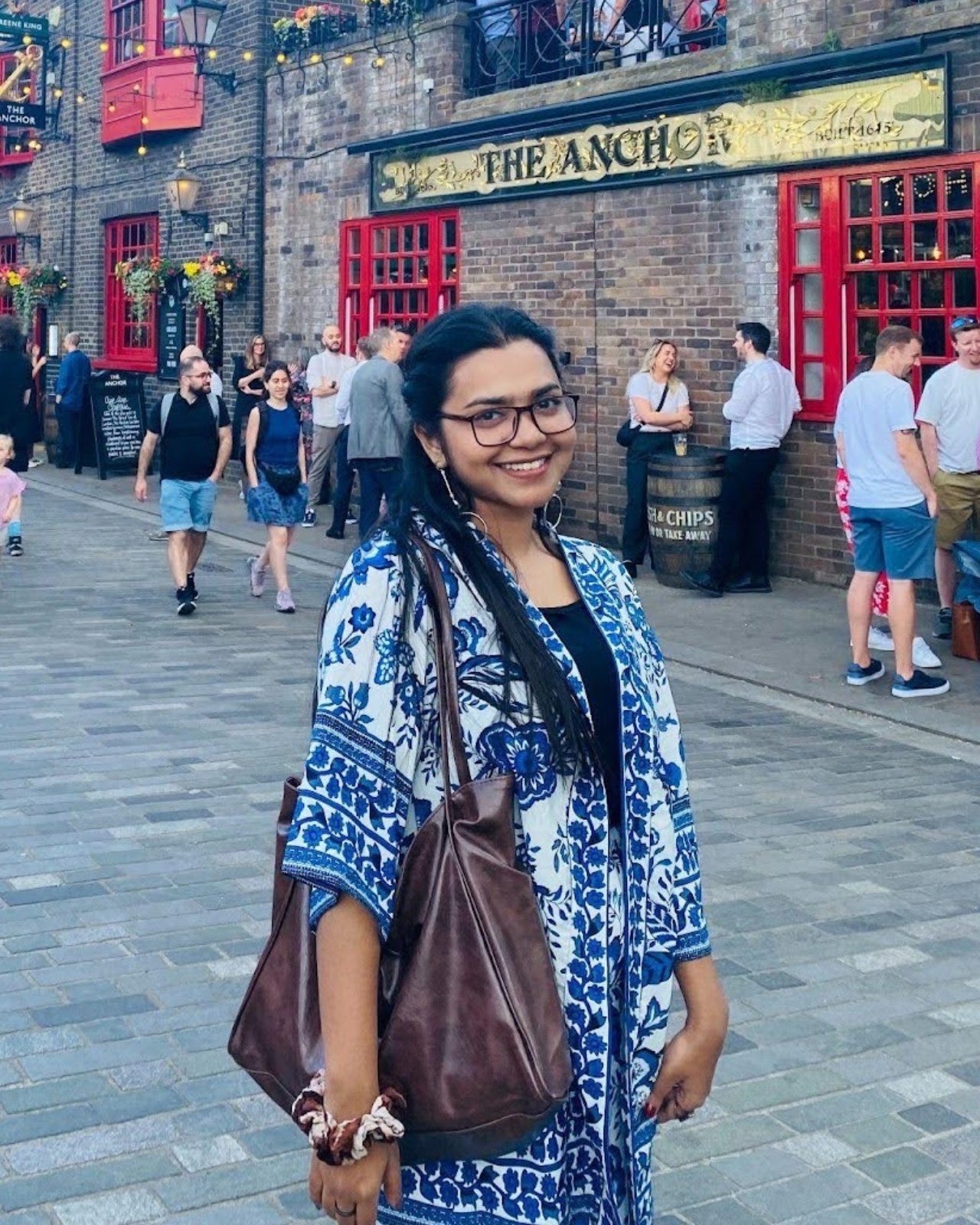

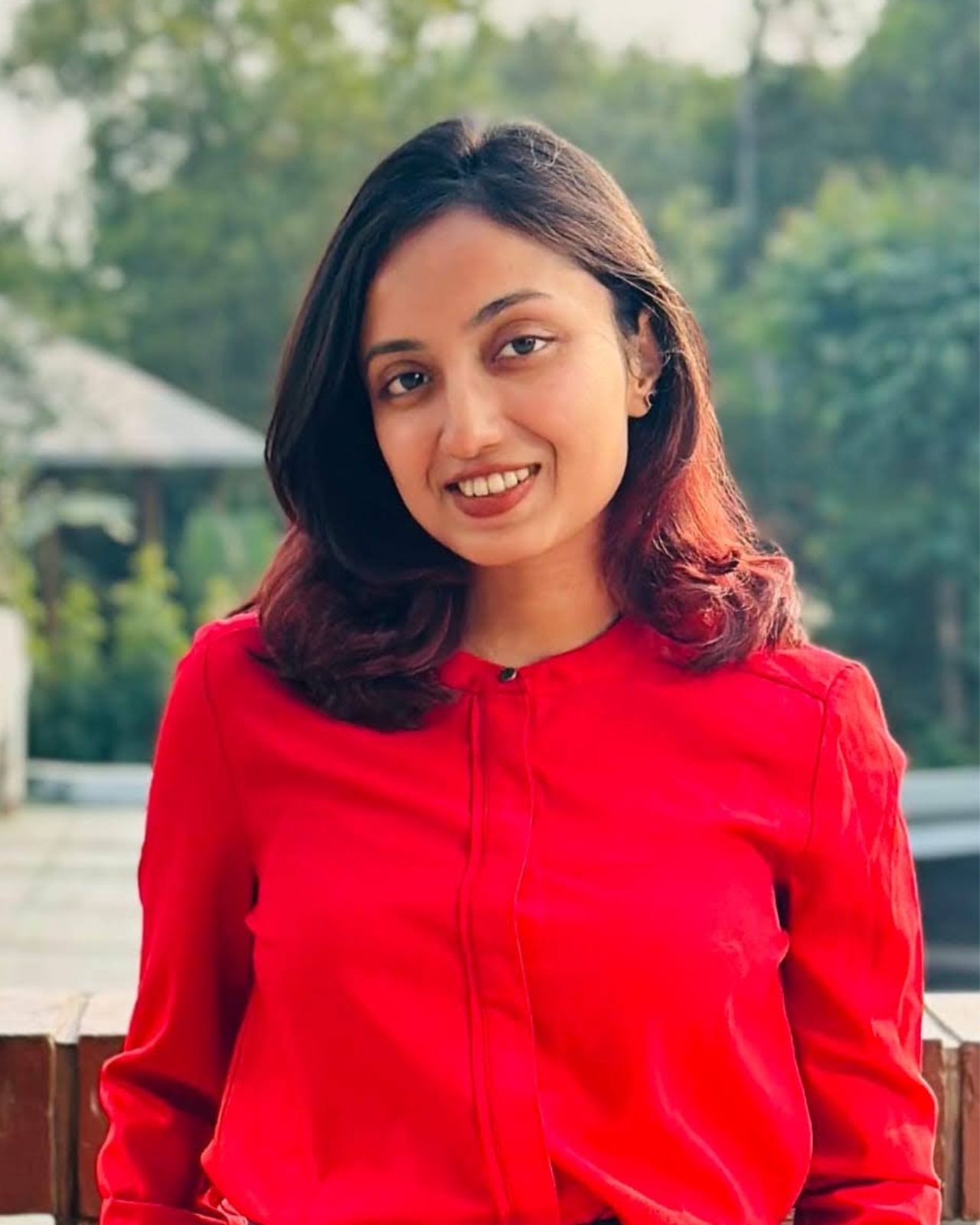

Mashaekh Hassan is a graduate student pursuing a Master of Arts in Women, Gender, and Sexuality Studies at Florida Atlantic University, where he holds a prestigious graduate assistantship, the Graduate Dean’s Fellowship, and the Feminist Fund Scholarship. He earned his Bachelor of Social Sciences in Anthropology, with a minor in Sociology, from Brac University, graduating with the highest distinction. His undergraduate thesis was recognized as a Highly Commended Entrant in the Global Undergraduate Awards 2023 for Social Science: Anthropology & Cultural Studies. His academic interests encompass cultural and political anthropology, gender and sexuality studies, Third World and transnational feminisms, intersectional feminist autoethnography, and critiques of neoliberalism and development. Beyond his dedication to academia and aspirations of becoming an activist scholar, he is ethically non-monogamous—with books, writing, and every song that loosely falls under Hindustani classical music.
Resat is a final-semester sociology master’s student and a Graduate Teaching Assistant at Florida Atlantic University, where she has been assisting in the Global Society and Human Sexuality courses. She holds an LLB from BRAC University with a minor in Anthropology. For her Directed Independent Study (DIS), she explored the online anti-feminist backlash and resistance across Bangladeshi social media platforms. Resat also serves as the co-president of the Graduate Sociology Student Association at FAU.
Her academic interests lie in micro-sociology, particularly its intersections with digital media, gender, technology, and globalization. Resat finds sociology fascinating because it encompasses diverse topics, from health, religion, and criminal justice to even the cosmos.
Outside of academia, Resat is an enthusiast of herbal teas, coffees, and experimenting with different hair colors. She enjoys cooking, reading, and spending time on trains. If she’s not studying, she is often found immersed in books or gazing out the window during train rides. One of her dreams is to become a dedicated runner like Forrest Gump—but this version will be doing sociology along the way. One day!
Ummul Khayer Fatema graduated with a degree in Anthropology from BRAC University and currently works as a Teaching Assistant in the Anthropology Program. She has received the prestigious Don Lavoie Fellowship from George Mason University. Additionally, she was selected twice by the Open Society University Network (OSUN) to attend two different summer schools—one fully funded at Central European University and another partially funded at Birkbeck, University of London.
One of her papers, titled “Voice of Change: Legacy of the Language Movement and the Shifting Landscape of Student Activism in Bangladesh,” developed during a course at Princeton University, has been published in the Global History Lab at the University of Cambridge’s Centre for Research in the Arts, Social Sciences, and Humanities (CRASSH). Her undergraduate thesis focused on cyberharassment against female activists in Bangladesh, examining the backlash they face while advocating for social change. During her undergraduate studies, she actively contributed to OSUN Global Commons, with a total of four articles published on the platform. She holds a fervent ambition to establish herself as an esteemed anthropologist. Her intellectual pursuits span diverse fields, including international affairs, development issues, and social research. At the core of her research interests lies a deep exploration of gender dynamics, historical narratives, nationalism, political intricacies, social movements, and religious dimensions, both on national and global scales.
Anika Tahsin Haque Katha is an emerging development researcher and professional with a strong academic background in Development Studies from the University of Chittagong. Her work spans gender equity, social justice, and systemic transformation, with hands-on experience in research, program coordination, and storytelling. Anika has collaborated with leading organizations such as The Asia Foundation and WaterAid, contributing to initiatives that empower marginalized communities and promote inclusive development.
Beyond her professional roles, Anika co-founded Mukto, an all-women-led clothing brand that celebrates body size diversity globally, reflecting her commitment to challenging societal norms and fostering inclusivity. She is also the Editorial Coordinator for Swayong, a feminist organization where she leads storytelling campaigns to dismantle social injustices and amplify marginalized voices.
Anika’s academic pursuits, including her undergraduate thesis on marital rape in Bangladesh, exemplify her dedication to addressing systemic inequalities. Her leadership and analytical skills and her passion for gender-focused research and innovative solutions position her as a dynamic changemaker in the development sector.

